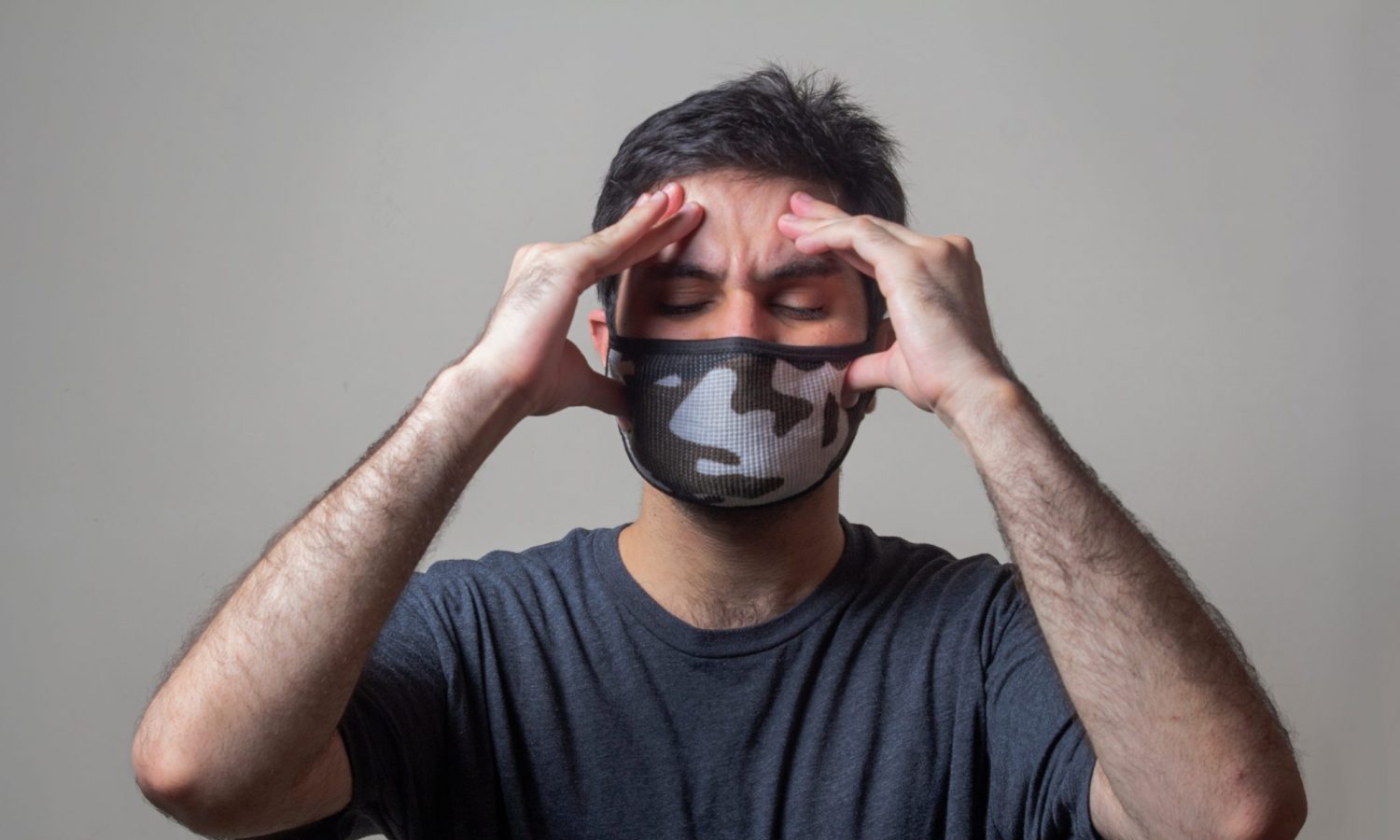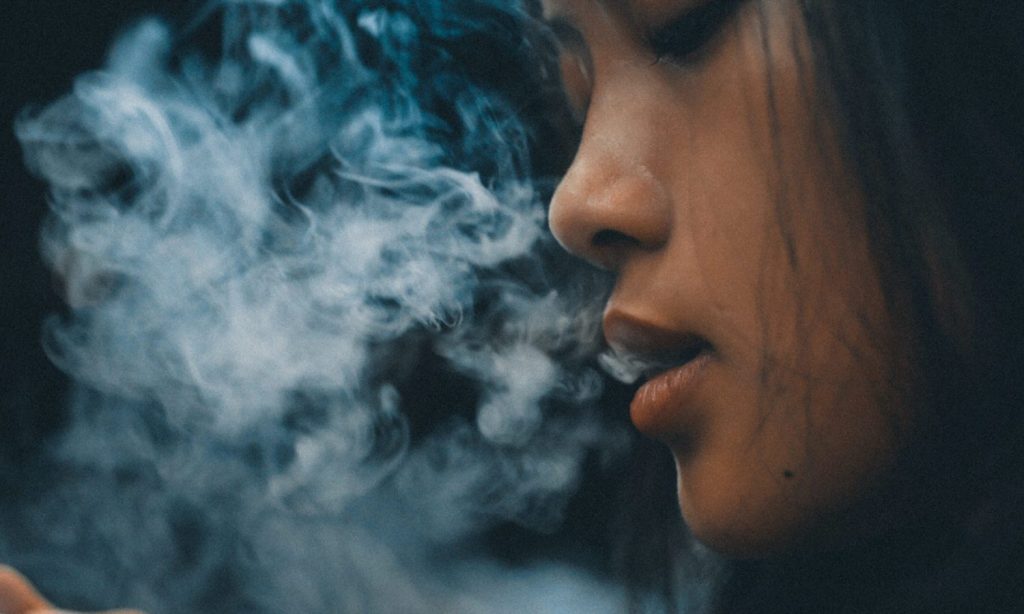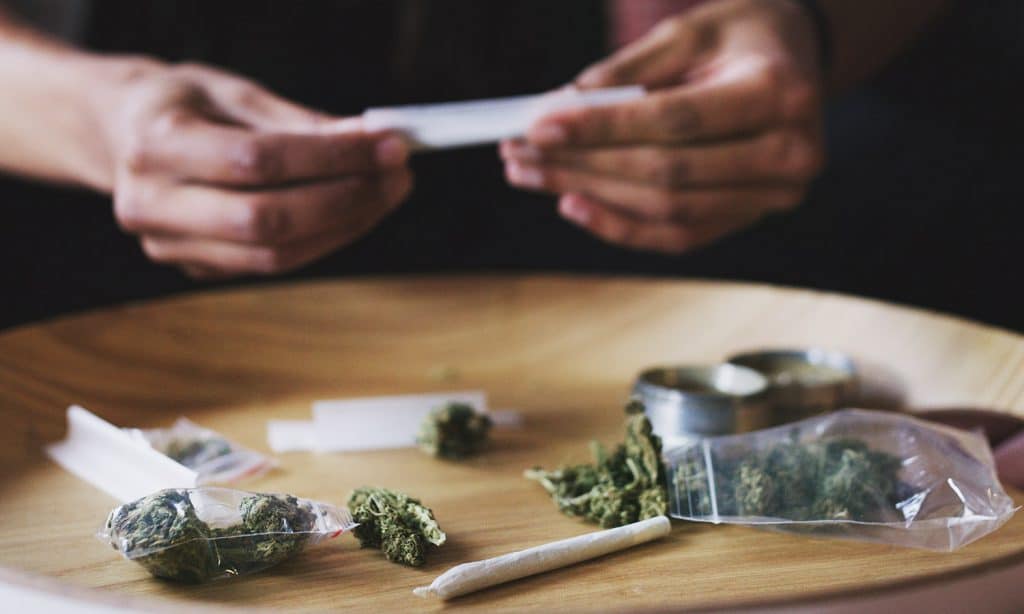
By Andrew Ward
As the world continues to contend with COVID-19, much about the virus remains uncertain, including its interactions with cannabis.
In the early months of the pandemic, various studies linked pot to both adverse and beneficial results. The trend continues today, with little conclusively known about the cannabis-COVID medical connection if indeed there is one.

That said, it is much clearer to see that the pandemic created a significant beneficial impact on the marketplace.
Almost All Conclusions Require Additional Data
Several physicians and researchers tell Benzinga that little has been concluded regarding any cannabis-COVID connections, beneficial or adverse.
Dr. Samoon Ahmad is a professor of psychiatry at NYU Grossman School of Medicine, where he serves as the unit chief of the inpatient unit at Bellevue Hospital. He said that “unfortunately, not a lot” is certain at this time.
RELATED: The Cannabis Industry’s ‘Essential’ Upside From COVID-19
Dr. Robert Milanes, a California-based cannabis physician of telehealth platform Heally, stated, “One thing we know conclusively is that cannabis cannot cure COVID-19.”
Despite his assertion, cannabis entrepreneurs, like retired NFL player Kyle Turley, have claimed CBD can cure COVID-19. In late March 2020, the FDA warned Turley about making such claims.
Milanes pointed out that cannabis use increased during the pandemic. He noted a Margriet W. van Laar et al. study that saw 41.3% of respondents saying their cannabis use increased during the lockdown.
Beyond that, no one considered any findings to be verifiable at this time.

Ahmad, the author of a medical cannabis clinical handbook and an upcoming Wolters Kluwer-published book delving into the pandemic’s psychosocial effects, noted that several studies of interest had been published in recent months.
He cited additional studies with various adverse and beneficial conclusions. They include possible elevated rates of adverse outcomes for older patients using the synthetic drugs nabilone and dronabinol to treat severe breathing problems. Ahmad countered the results, stating, “This is indirect evidence and tenuous at best.”
He also cited studies linking heavy cigarette use to worsened COVID symptoms, hypothesizing that heavy cannabis smoke could have the same effect. He warned that vaping risks are even more tenuous.
“I would err on the side of caution and recommend that individuals use tinctures or edibles should they choose to use cannabis, particularly if they have comorbidities associated with worse COVID-19 outcomes,” Ahmad added.
Milanes also discussed various studies and their outcomes
The physician cited one study that concluded cannabis users could be more vulnerable to contagion and worsening conditions due to COVID. He noted additional analyses that found people predisposed to cannabis use disorder saw an increased likelihood of hospitalization from the virus while other studies concluded that CBD might play a substantial role in lessening the severity of a cytokine storm. This is when the body’s immune system goes into overdrive, of sorts, signaling an influx of cytokines to fight a pathogen.

Milanes called the occurrence “the most dangerous and potentially life-threatening event related to COVID-19.”
Ahmad added, “Preclinical evidence suggests that THC and CBD may reduce the severity of acute respiratory distress syndrome (ARDS), but clinical evidence is still lacking.”
Good For Health, Probably Not. Good For Business? Yep. Sales Boomed During Pandemic
Though little to no medical research links cannabis use with COVID-19 relief, that is definitely not the case in business where the pandemic proved to be a boon for the emerging industry.
Jessica Lipton, a cannabis researcher and founder of gummies brand Elevate Delta 8, said the essential status given to much of the industry led to significant expansion.
RELATED: Why Isn’t Cannabis Being Prescribed For COVID Survivors?
“Businesses boomed and were encouraged to maximize cash flow, develop contingency plans and hire more people,” Lipton said. She expects the trend to continue, especially for brands selling both THC and CBD products.
Delivery services also increased or were introduced across most markets to adhere to social distancing rules.
“Although the relaxation of these guidelines is temporary, the success that we’ve seen may encourage legislative adjustments in the future,” Lipton added.
An August 2021 report found sales increased between 2019 and 2020 across Alaska, Colorado, Oregon and Washington during COVID-19.
This article originally appeared on Benzinga and has been reposted with permission.






